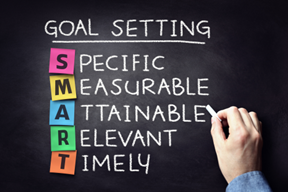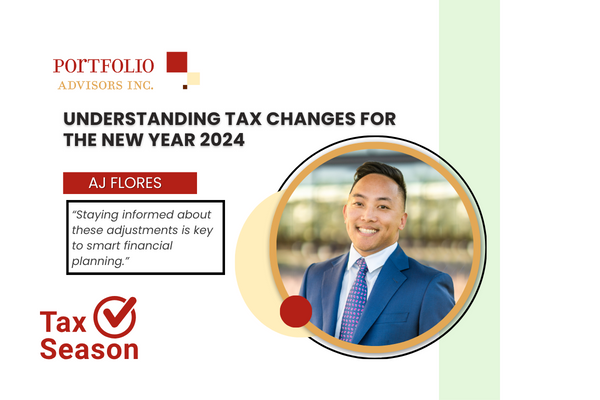Resolutions and goal setting are all the rage this time of year. But as excited as you’re feeling about your New Year’s to-do list, you might be overlooking four important factors that could help you accomplish more in 2022.
1. Values
A common reason why so many New Year’s resolutions fail is that, as good as they may look on paper or a Pinterest board, we don’t really feel strongly about them. Perhaps you see a trendy goal shared across social media and experience some FOMO. Or maybe you set an aspirational goal that’s well-intentioned but vague or unrealistic.
These are the sorts of resolutions that tend to melt in the snow before Spring.
The more important a goal is to you, the more likely you are to achieve it. Rather than listing things you’d like to do or things you think would be good to do, start by listing your values. What are the things that are most important to you? What kinds of goals can you set that will help you live those values for the next twelve months?
For example, why do you want to learn Spanish? “Because it would be good for me” isn’t an answer that will inspire you to drill flashcards every day and find a good tutor.
But if learning Spanish will help you make a career change that you value, or help you be a more effective tutor at the reading center where you volunteer, you’ll be more motivated to put in the work.
2. Relationships
As valuable as self-improvement is, goals that strengthen the most important relationships in our lives also tend to stick. If you want to eat better in 2022, your daily bowl of salad in the office cafeteria might start to feel lonely. But if you and your spouse commit to cooking healthy dinners together three nights every week, you’ll be sharing a goal and some valuable time together.
Anchoring your goals in relationships can also create accountability that will help you get over the hump on those days when you’re just not feeling it. You won’t sleep through a tennis lesson if you know your best friend is waiting for you on the court.
3. A SMART plan
Once you’ve settled on an important goal, ask yourself, “Is this goal SMART enough?
You’re far more likely to hit a target if it is Specific, Measurable, Achievable, Realistic, and Timely. “I want to be healthier” is not a SMART goal, even if improving your health is one of your top values. It’s too vague, and it doesn’t include any metrics you can use to track your progress or hold yourself accountable.
“I want to run my town’s half marathon next fall” puts your healthy value in action while passing the SMART test:
- Running a marathon is more Specific than “getting healthier.”
- You can Measure your progress by setting and tracking daily and weekly running targets.
- Finishing a long run after months of training is certainly Achievable but …
- Is it Realistic? If so, get running! If not, maybe set a lower bar, like running a 5K.
- This goal is Timely because you know when the big run is and what you need to do every day, week, and month to cross the finish line.
4. A strong financial foundation
One question we encourage our clients to ask themselves at the start of the New Year is, “What is my money for?” In part, your money should help you achieve goals that are going to improve your Return on Life.
We’d love to hear about your SMART goals for 2022 and discuss how our Life-Centered Planning process can support your progress every step of the way.




